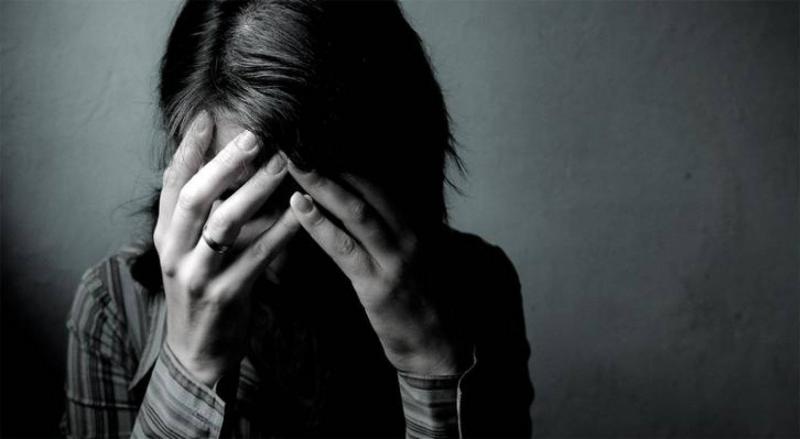Many sports psychology experts believe there are a significant number of undisclosed cases of depression among participants in the Paris 2024 Olympics, as injuries related to such conditions remain taboo topics. Psychologist Marion Subrezio told the German news agency DPA: "It's like the famous iceberg model; we see a few people talking about it, but you don't see the majority."
Subrezio, an expert at the German Sports University in Cologne, pointed out that there are many options that can help prevent individuals from falling into such conditions after the Olympics. She explained: "Psychology and sports psychology have a lot to offer in terms of prevention. It's important for athletes to prepare mentally for what lies ahead; programs are already in place, but their use is not ideal yet, although there is room for improvement."
Athletes are increasingly talking about their mental health issues after the Olympic Games, but many may not even be aware of their problems. Subrezio noted that depression after the Olympics is a taboo subject for many athletes. This situation mirrors many mental illnesses, where many feel a significant fear of stigma.
The public became aware of this issue when American swimming legend Michael Phelps spoke about his struggles with depression after each Olympics, starting from the Athens Games in 2004. With a prominent star like Phelps revealing his battles with depression, he exposes that top athletes worldwide are not immune to mental health issues after their participation in the Olympic Games. However, it appears that less experienced athletes are at greater risk.
Oli Knapp, coach of German long jumper Malaika Mihambo, stated: "Athletes competing in the Olympics for the first time fall into a very fast trap." Knapp added: "More experienced athletes know what to expect, while emerging athletes often feel overwhelmed by the massive event that the Olympics represents."




